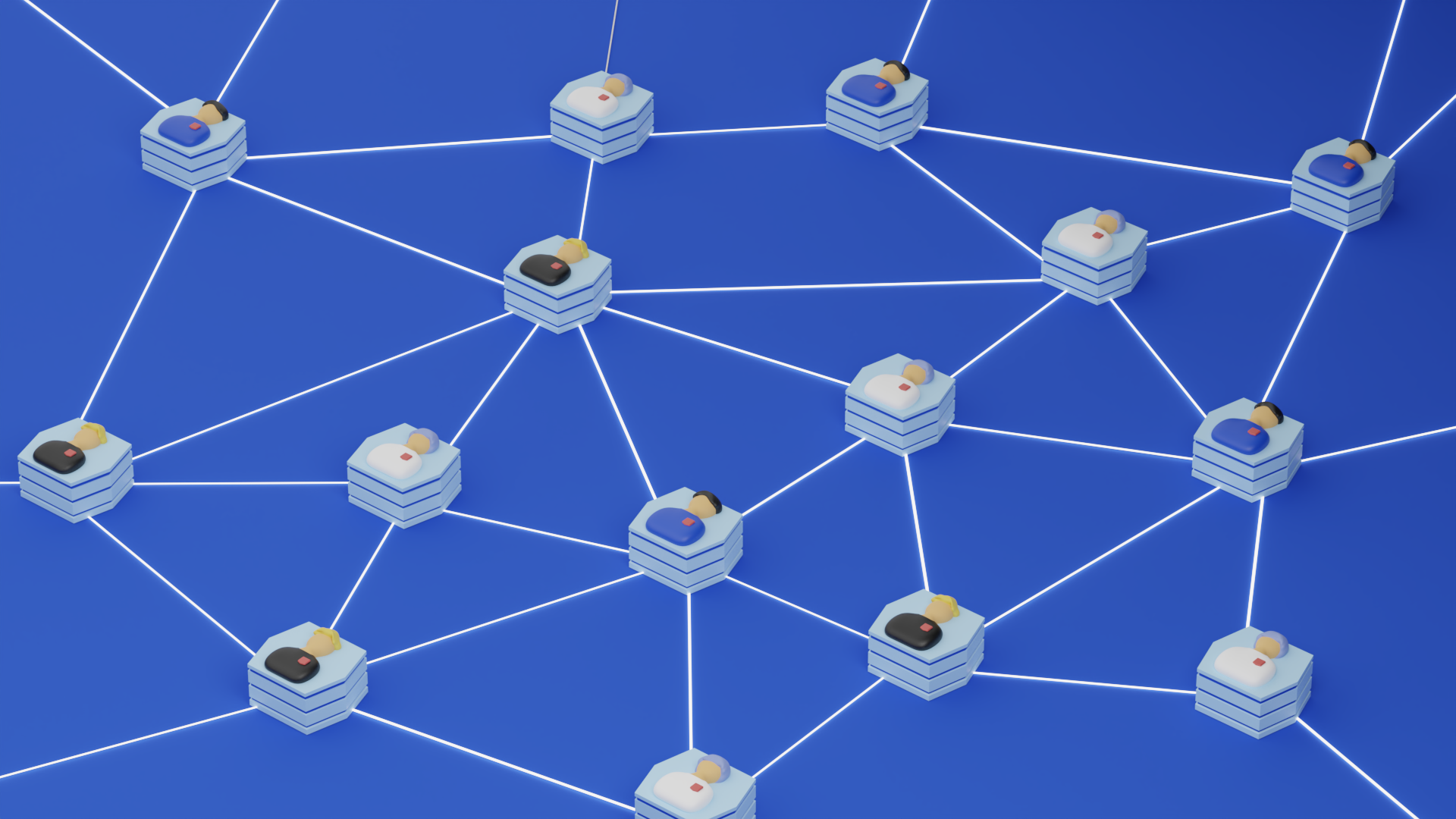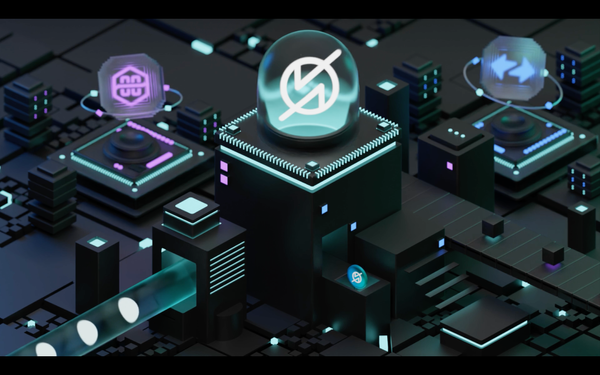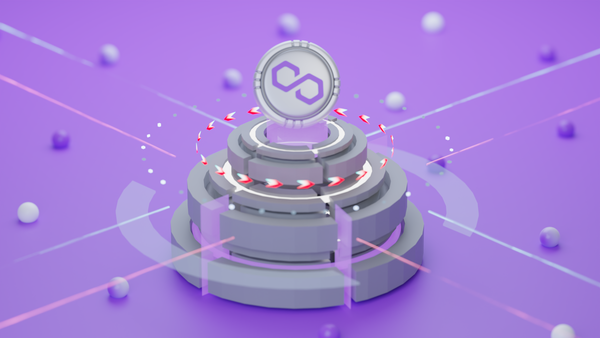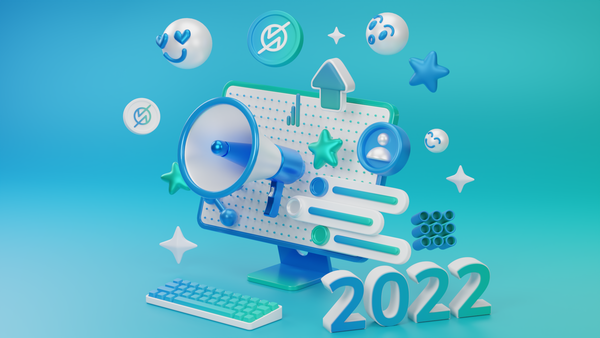DAOs - The What, Why & How
Everything you need to know about DAOs

Imagine a place with no central government, and you can connect with anyone you want to be associated with. You can also do whatever you want to create your own rules and make your own decisions aile encoding them on a blockchain. This may all sound too good to be true, but that is exactly what DAOs are.
A DAO is Decentralized Autonomous Organization. There is a system of rules that are followed in a blockchain that governs the community and ensures that the choices are made from the ground up. It is a community that is not only developing rules but also ensuring that the rules get enforced and maintain the integrity of the space. It is built on the blockchain so that everyone with voting power can vote and help influence the project's or company's direction.
It allows a firm or entity to be controlled by a community of supporters in the truest meaning of the word, with no single person having the final say. But sometimes, things might become centralized. For example, Solend, an algorithmic protocol hidden under the "DAO Structure"
After determining that a user was in a precarious situation that could have an impact on the protocol if liquidated, the platform recently issued its first governance proposal to raise the margin bar for accounts and to take over the user's wallet. Six hours after introducing the idea, Solend stated it had been approved. Unfortunately, most of the votes came from one wallet.
This incident demonstrates that the Solend protocol is not decentralized. That is why having DAOs, a fair structure, formating and following the rules is very important.
Zeroswap is also planning to integrate a DAO system, enabling holders to contribute to our system by launching liquidity pools, aggregation pools, and forums where communities can come together and make decisions.
What is the importance of the DAOs?
- DAOs are community-driven, making them more personalized. It is like owning a share; you become a part of the company.
- DAOs are fully transparent, making the traditional organization question transparency and democracy.
- The goal of a decentralized autonomous organization (DAO) is to be as decentralized as feasible. While 100% decentralization is challenging in any organization, decentralized independent groups emphasize the collective more than any single individual.
The needs for DAOs are:
- While traditional organizations require a lot of trust that goes behind the door, in DAO, you only need to trust code, not humans, making it more predictable and calculative.
- The DAO is very transparent compared to a traditional organization, making it more secure and trustworthy.
- There is no hierarchical structure, so if you have a point to prove, the floor is open to listening.
- DOAs enable investors to invest in early-stage startups with pooled funds as the risk of sharing is reduced.
The shortcomings of DAOs are:
- DAOs reduce the speed of decision-making as it gives time to listen to everyone's opinion.
- Security is a significant problem in DAOs as it takes a few lines of coding to launch DAOs, but security is still not a priority there.
- There is no legal framework, so if something were wrong, there would be a lot of problems.
To conclude, DAOs (Decentralized Autonomous Organizations) are essential components of the crypto space because they play a huge role in managing and regulating dispersed places. DAOs are paving the way for a future where decision-making is democratic, direct, integrated, and anonymous at the same time while being inclusive of those who seek to have their views heard.




